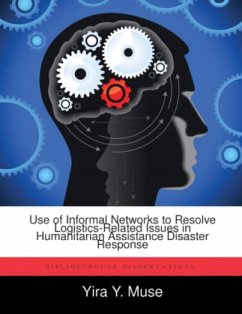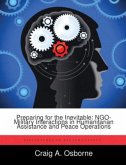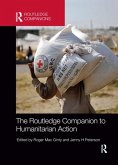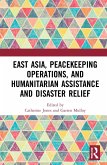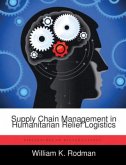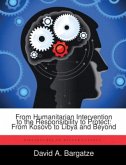The social dynamics of informal networks are not well understood in the context of Humanitarian Assistance/Disaster Response (HA/DR). Informal networks are what personnel typically rely on when formal organizational barriers constrain their ability to accomplish the mission. This study examines the use of Informal Networks to resolve logistics-related issues faced by Air Forces Special Operations Command (AFSOC) and Air Forces Southern (AFSOUTH) during their HA/DR to the Haiti Earthquake of 2010. A Content Analysis was conducted of the logistics-related Lesson Learned (LLs) reports submitted by these organizations. The purpose was to determine if there exist any patterns in the LLs that identify situations where it is more beneficial to leverage Informal Networks than to rely on the existing Formal Networks, and to provide insight into the Informal Networks present throughout disaster response organizations. The results suggest that Informal Networks provided successful resolution of issues more often than Formal Networks and they were also used more often than Formal Networks. Hopefully, such insight will enable Air Force leaders to improve their organizational communication during disaster response by properly leveraging their units' Informal Networks.
Hinweis: Dieser Artikel kann nur an eine deutsche Lieferadresse ausgeliefert werden.
Hinweis: Dieser Artikel kann nur an eine deutsche Lieferadresse ausgeliefert werden.

